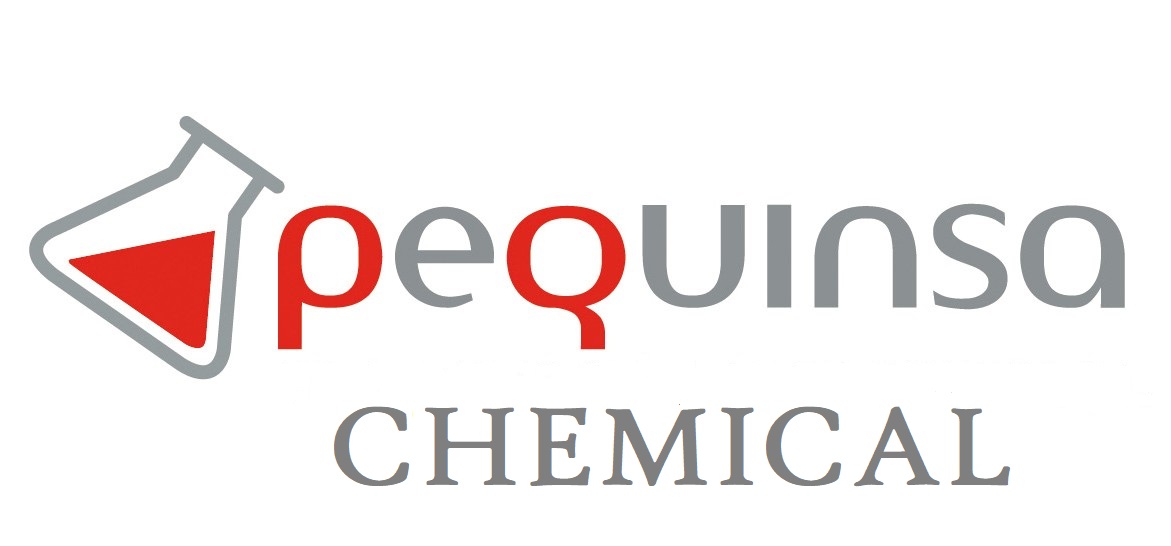-
Categories
-
Pharmaceutical Intermediates
-
Active Pharmaceutical Ingredients
-
Food Additives
- Industrial Coatings
- Agrochemicals
- Dyes and Pigments
- Surfactant
- Flavors and Fragrances
- Chemical Reagents
- Catalyst and Auxiliary
- Natural Products
- Inorganic Chemistry
-
Organic Chemistry
-
Biochemical Engineering
- Analytical Chemistry
-
Cosmetic Ingredient
- Water Treatment Chemical
-
Pharmaceutical Intermediates
Promotion
ECHEMI Mall
Wholesale
Weekly Price
Exhibition
News
-
Trade Service
Introduction:
Adiphenine hydrochloride is a widely used chemical compound in the pharmaceutical, agricultural and other industries.
It is known for its versatile properties and is considered to be a vital ingredient in the production of various chemicals and medicines.
However, the use of any chemical compound comes with certain risks and concerns related to safety.
In this article, we will discuss the safety measures that are taken to ensure the safety of adiphenine hydrochloride during its usage in the chemical industry.
Chemical Properties:
Adiphenine hydrochloride is a crystalline powder that is soluble in water.
It is commonly used as a pharmaceutical intermediate and as a plant growth promoter.
The chemical formula for adiphenine hydrochloride is C12H17ClN.
It has a molecular weight of 207.
7 and contains a benzene ring with a substituted chlorine atom.
Adiphenine hydrochloride is highly reactive and can easily react with other chemicals to form new compounds.
This property makes it highly useful in the production of various chemicals and medicines.
Safety Measures:
The safety of adiphenine hydrochloride is of utmost importance in the chemical industry.
The following measures are taken to ensure the safety of workers and the environment during the production and usage of adiphenine hydrochloride:
- Handling and Storage:
Adiphenine hydrochloride is handled with great care in the chemical industry.
It is stored in specially designed storage facilities that are equipped with proper ventilation systems to prevent the build-up of dangerous fumes.
The chemical is stored in a cool and dry place to prevent it from coming into contact with moisture.
It is also stored away from direct sunlight to prevent degradation. - Personal Protective Equipment (PPE):
Workers who handle adiphenine hydrochloride are required to wear appropriate personal protective equipment.
This includes gloves, safety glasses, and respirators.
The use of PPE prevents workers from coming into contact with the chemical and reduces the risk of exposure. - Emergency Procedures:
Chemical plants that handle adiphenine hydrochloride have strict emergency procedures in place.
In case of accidental spills or releases, workers are trained to react quickly and follow specific protocols to minimize the risk of exposure.
Emergency response teams are also trained to handle such situations and have the necessary equipment to contain and clean up the spill. - Training and Awareness:
Workers in the chemical industry are trained to handle adiphenine hydrochloride safely.
They are trained on the properties of the chemical, its hazards, and the safety measures that need to be taken to prevent exposure.
Employees are also made aware of the risks associated with the chemical and the importance of following safety protocols. - Regulatory Compliance:
The production and usage of adiphenine hydrochloride are regulated by various government agencies.
Chemical plants that handle the chemical must comply with all regulations and standards set by these agencies.
This includes obtaining the necessary permits and following strict safety guidelines.
Conclusion:
The safety of adiphenine hydrochloride is of utmost importance in the chemical industry.
Various safety measures are taken to ensure the safety of workers and the environment during the production and usage of the chemical.
These measures include proper handling and storage, the use of personal protective equipment, emergency procedures, training and awareness, and regulatory compliance.
By following these safety measures, the chemical industry can minimize the risks associated with adiphenine hydrochloride and ensure a safe working environment.







